
The latest research, data, and insights from the investment experts at Key Private Bank.
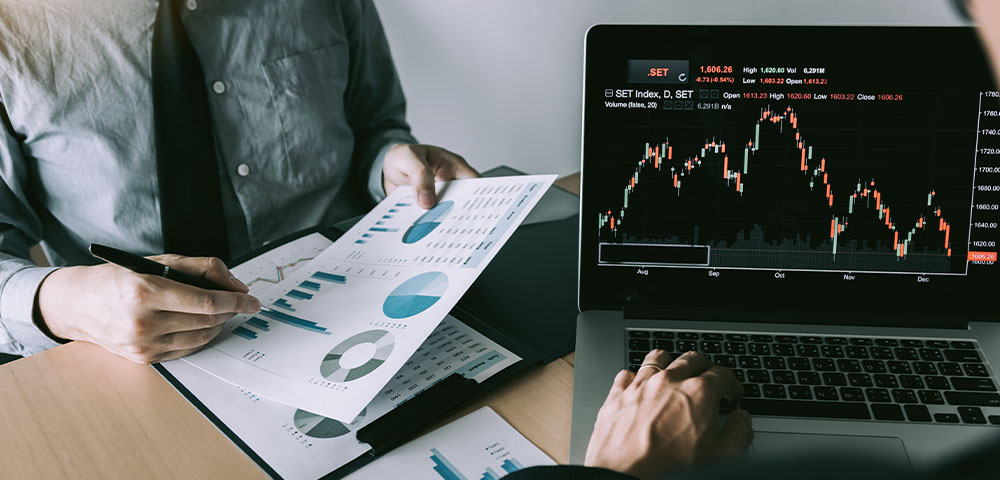
The global spread of COVID-19 has caused significant market movements and uncertainty among investors.
Your investment brief houses our experts' latest analysis and strategies for navigating the turbulence created by the outbreak—keeping you updated on our thinking and how these changes might impact your portfolio.

With interest rates on the rise, borrowing costs are poised to increase across the board, but with strategic financial management, there are a few silver linings.

Russia’s invasion of Ukraine and the West’s unprecedented, unified response of devastating economic sanctions have combined to send the prices of numerous commodities skyrocketing.

Despite its hawkish pivot, the Federal Reserve (Fed) is falling further behind the curve and will soon begin raising interest rates despite the crisis in Ukraine.
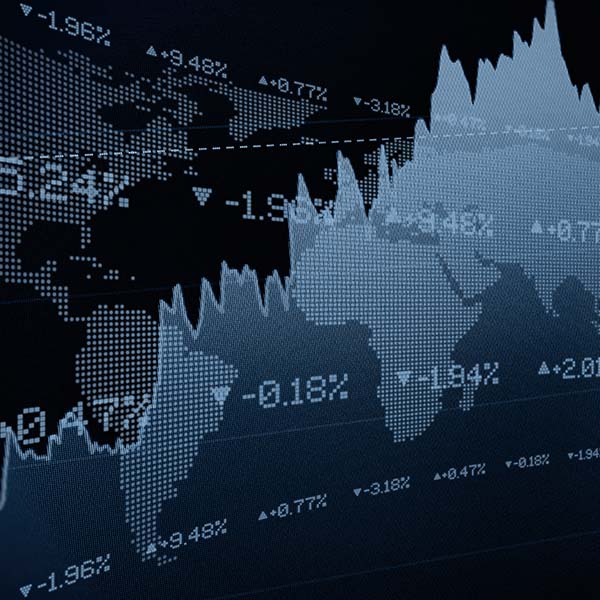
Market gyrations likely will continue and will potentially unnerve short-term market participants. While we should acknowledge that the global world order may be changing, we continue to believe that long-term investors will be rewarded for their patience and optimism.
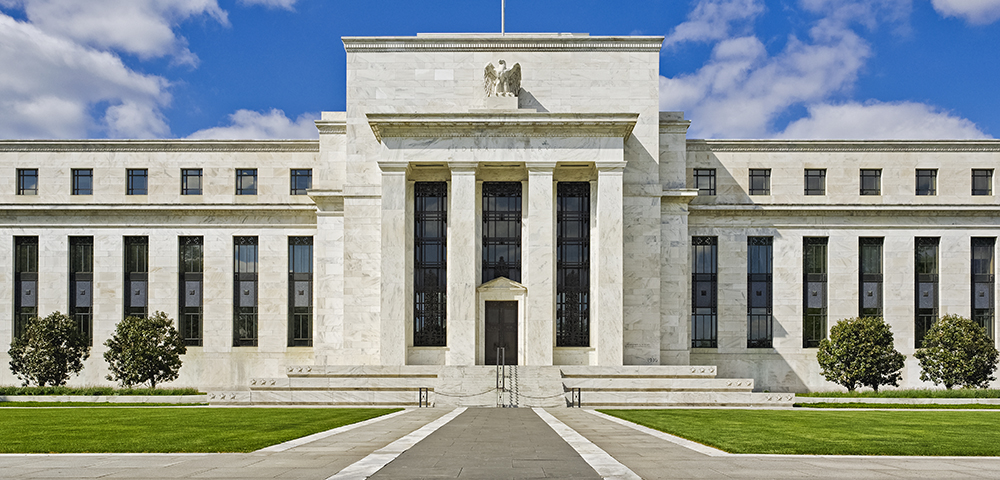
In short, there is no immediate fix and while we don’t believe another “Volcker moment” is upon us, we need to be mindful that the economic landscape is changing.

Last year began on a promising note for international equities. In Europe, hard-hit service-oriented countries such as France, Spain, and Italy were emerging from lockdowns related to COVID-19 and the Eurozone was sparked by fiscal and monetary stimulus.
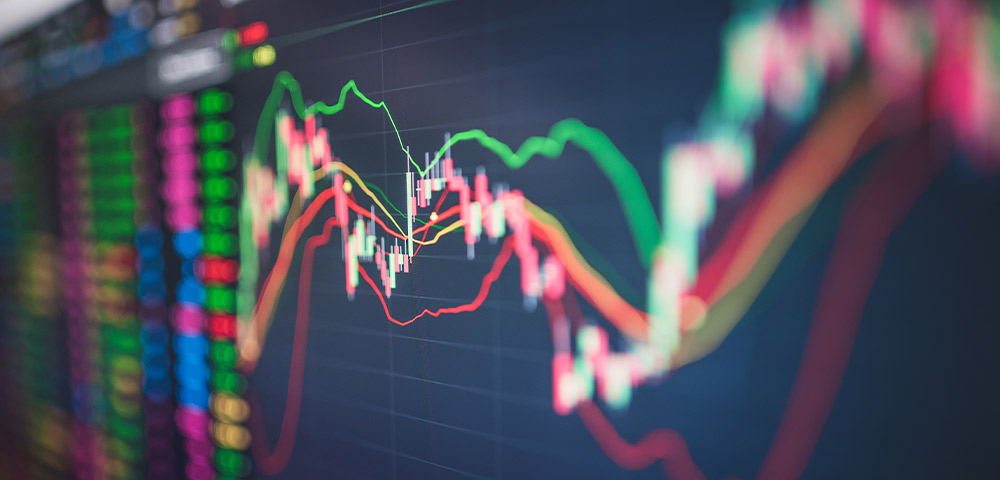
The economic landscape is in transition. And while we encourage investors to revisit their risk appetite and recalibrate if necessary, equities are favored for their appreciation potential over the long run.

Like thrills? Then you would have loved the stock market on Monday, January 24, when the Dow Jones Industrial Average sunk by more than 1,100 points in the morning, then rallied in the afternoon to finish the day ahead of where it started.
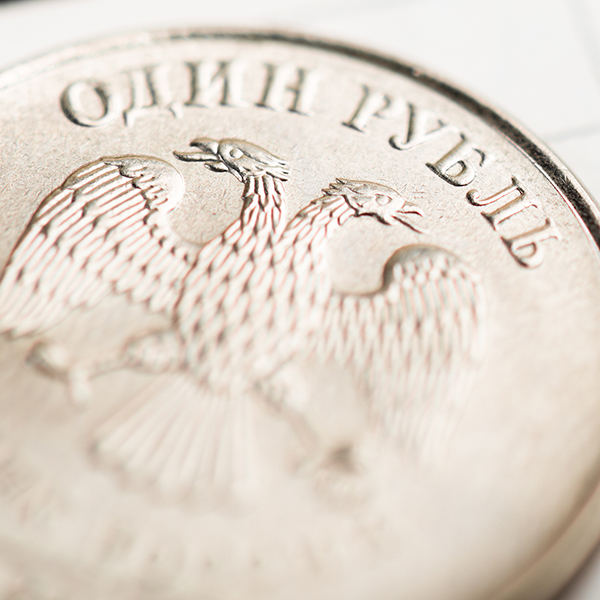
Over the past century, Russia has defaulted on its debt twice – in 1918, when the Bolshevik revolutionaries repudiated all Tsarist obligations, and again 80 years later as a fledgling post-Soviet Union nation. Is history about to repeat itself?
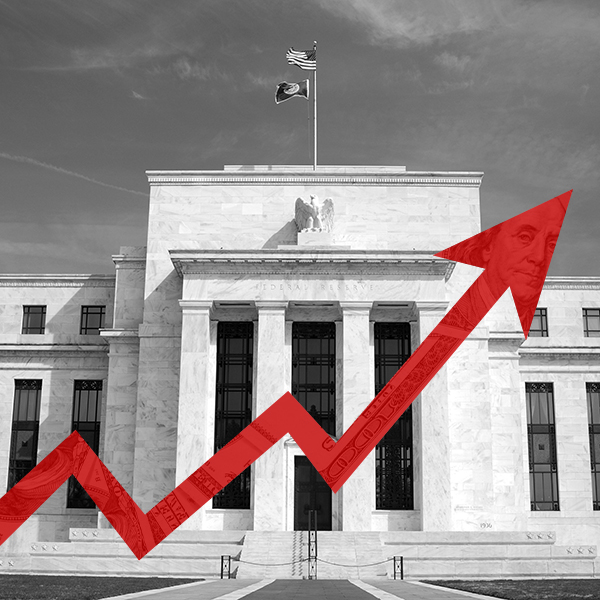
Despite its hawkish pivot, the Federal Reserve (Fed) is falling further behind the curve and will soon begin raising interest rates despite the crisis in Ukraine.

The development of vaccines to combat COVID-19 was a game-changer in 2021. By the end of the year, nearly 245 million Americans had received at least one dose, more than 200 million were considered fully vaccinated, and 70 million had been given a booster.